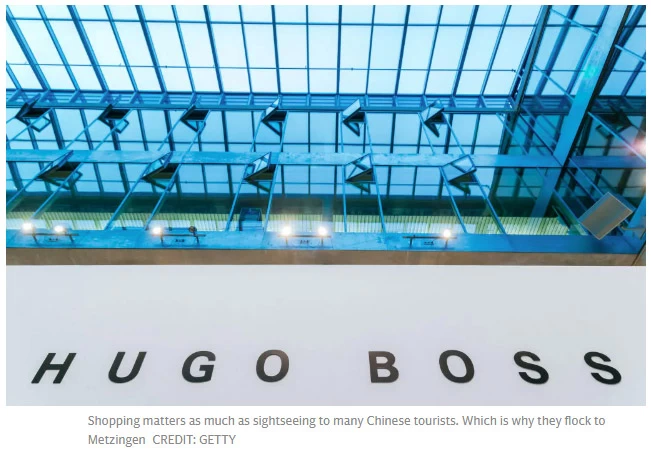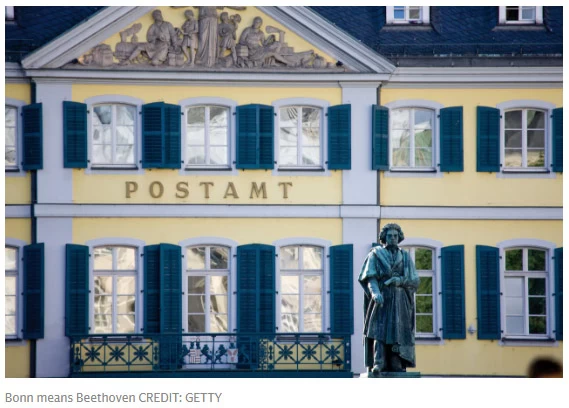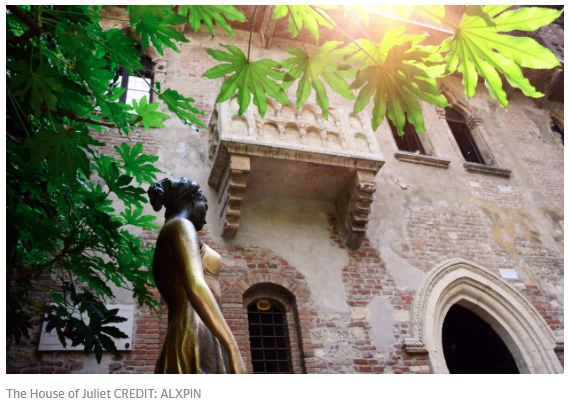The curious European destinations that Chinese tourists love visiting

Are young brides in the setting sun;
Their glittering reflections on the shimmering river
Keep undulating in my heart.



Sunny Glassware Tool name and working principle for extinguishing a candle holder
In modern home decor, candle holders are more than just functional items—they’re artistic statements. Among them, high borosilicate glass candle holders have gained popularity for their heat resistance, crystal-clear transparency, and eco-friendly safety. But how are these elegant yet practical pieces made? Let’s explore the craftsmanship behind them.
Recently, the issue of Sino-US tariffs has once again become a focal point in the global economy. The United States has imposed high tariffs on Chinese goods, which not only profoundly impacts the economies of both China and the United States but also presents new opportunities and challenges to companies such as Sunny Glassware.
Sunny Group has offered glassware since 20+ with all kinds of products being exported to more than 20 countries and regions.
The spring breeze is like poetry, the flowers are blooming, in this beautiful season, Sunny Glassware ushered in a warm and overflowing employee birthday party; the candlelight swayed, the years were long, the sweet cake, and the birthday celebrations were celebrated together, allowing everyone to withdraw from the busy work and immerse themselves in the ocean of joy and warmth! Gather together to send the most sincere birthday wishes to the birthday celebrants, and let love and warmth flow in the big family of Sunny Glassware.
As the first rays of the morning sun pierce through the clouds, partners from Sunny Group are already gathered at Shenzhen North Railway Station, ready to embark on their journey. This group-building trip, themed "Exploring Karst Landscapes and Building Unity Together," is not merely a geographical expedition but also serves as a catalyst for enhancing team cohesion.
These boxes are designed to store and safeguard the candles, ensuring they are delivered to customers in pristine condition. Crafted from diverse materials such as cardboard or paperboard, these boxes effectively shield against external elements while preserving the aesthetic appeal of the candle holder.
By integrating DeepSeek AI technology, we innovated and developed a specialized decal material that bonds tightly with bottle glass at high temperatures, forming a robust layer resistant to peeling.



